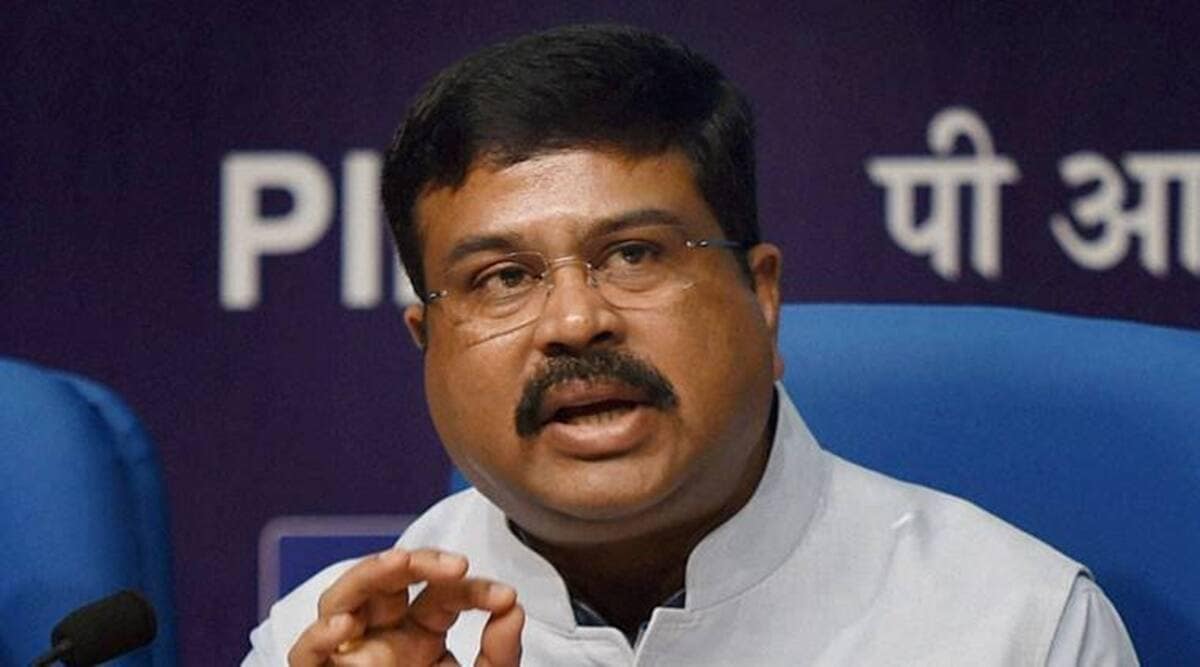 Union Education Minister Dharmendra Pradhan. File
Union Education Minister Dharmendra Pradhan. File Days after the Tamil Nadu Assembly adopted a resolution against the Common University Entrance Test (CUET) for admission to undergraduate courses taught in central universities, the Centre has tried to allay the state’s concerns saying there is “no case for infringing upon the rights of the states and Union Territories” through the test.
The resolution moved by Tamil Nadu Chief Minister M K Stalin said the state assembly feels that any entrance examination that is based on the National Council for Education Research and Training (NCERT) syllabus will not provide an equal opportunity to all students who have studied in varied state board syllabus across the country.
The Centre’s stand was conveyed by Union Education Minister Dharmendra Pradhan through a letter to his Tamil Nadu counterpart K Ponmudy on Sunday. While attempting to address the worries raised by the state, the Centre also pointed out that education is a concurrent list subject in the Constitution.
“…NEP 2020, in paras 26 and 27, lays emphasis on the role of both Central and State Governments. Therefore, there is no case for infringing upon the rights of the states/UTs. After 42nd Amendment Act, the Education becoming the subject matter of the Concurrent list, has enabled the Central Government also to take measures for development, promotion and growth of education in the country,” states Pradhan’s letter.
However, apart from the reminder on the constitutional status, the Centre largely tried to address the worries flagged by the state on matters ranging from CUET’s potential role in promoting the coaching industry to state board students being at a disadvantage compared to their CBSE counterparts.
Pradhan underlined that CUET will “reduce economic burden and mental harassment” as it will help widen access to education through a single entrance in 13 different languages. It will also provide a level playing field to the students of rural and remote areas, he said.
“NEP 2020 emphasizes the regular formative assessment for learning rather than the summative assessment that encourages today’s coaching culture. Hence, CUET has been introduced in pursuance of the NEP 2020. Students may apply to more than one university as per their choice with one application form thereby reducing the financial burden and increasing access. They have the choice to appear in any of the 13 languages with a choice of selecting examination centres from over hundreds of examination centres across the country,” the letter states.
Referring to the aspect of the syllabus based on which the papers of the entrance will be drafted, saying the exam, likely to be held in the first and second weeks of July over multiple days, Pradhan said it will draw upon the understanding of the subjects at Class 12 level, “irrespective of affiliations to any board like CBSE.”
“These exams shall test conceptual understanding and ability to apply knowledge and shall aim to eliminate the need for taking coaching for these exams,” he added.
The Centre had announced earlier this month that admission to central universities funded by the University Grants Commission (UGC) would be made only through CUET, which will be conducted by the National Testing Agency (NTA), from the 2022-23 academic year. It said admissions would be based on the CUET scores instead of the Class 12 board results
- The Indian Express website has been rated GREEN for its credibility and trustworthiness by Newsguard, a global service that rates news sources for their journalistic standards.

